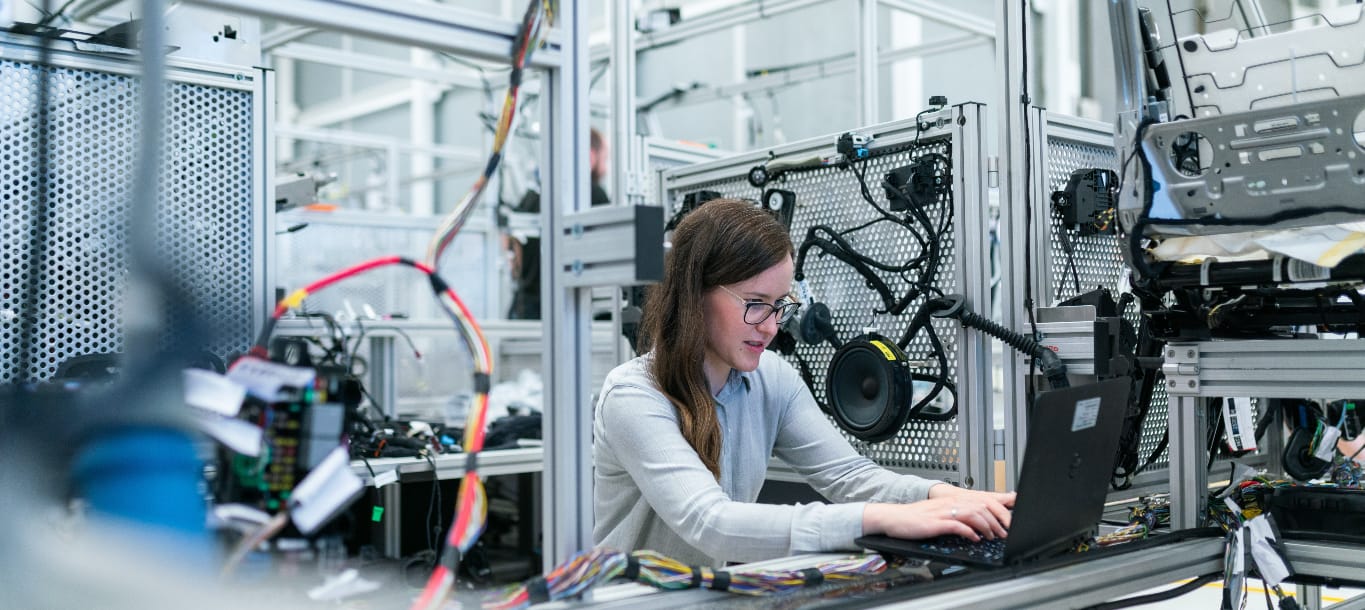What is a physicist?
A physicist is anyone who studies physics or whose job is connected with physics. So, anyone who’s connected to physics can consider themselves a physicist, whether you’re studying physics as part of your Scottish Highers or in your first physics graduate job. People who work in jobs related to physics (engineering, game development) can also consider themselves physicists. Thus, you don’t need a PhD or a fancy title to call yourself a physicist, just a passion for the subject.
What about professional physicists?
While anyone can refer to themselves as a physicist, for many people, being a physicist is their full-time career. These individuals study the universe and its natural phenomena, trying to understand why and how things happen the way they do. Without people devoting their careers to physics research, there’s so much about the world we wouldn’t understand. For example, Isaac Newton’s laws of motion are crucial to our understanding of movement today, while Chien-Shiung Wu applied her knowledge of physics to help us understand the causes of sickle cell disease.
What does a professional physicist do?
Given how broad the field of physics is, professional physicists specialise in an area of physics they’re passionate about, such as astrophysics (how our understanding of astronomy can improve life on earth) and medical physics (applying physics theories to improving healthcare).
Physicists tend to fall into two categories: theoretical and experimental. Theoretical physicists design equations and hypotheses to help us better understand the universe, while experimental physicists test these theories via experiments.
Day to day responsibilities include: looking into existing physics theories, developing and refining different theories, designing and observing experiments, using technical software to analyse data and presenting the results at conferences or in scientific journals.
How do I become a professional physicist?
To become a professional physicist, it’s a good idea to complete an undergraduate degree in physics. Afterwards, postgraduate study is advised. The research scientist degree apprenticeship provides a fully funded master’s and valuable research skills. A PhD in the area of physics you’d like to specialise in is a requirement for many senior roles, especially if you’d like to become a lecturer.
